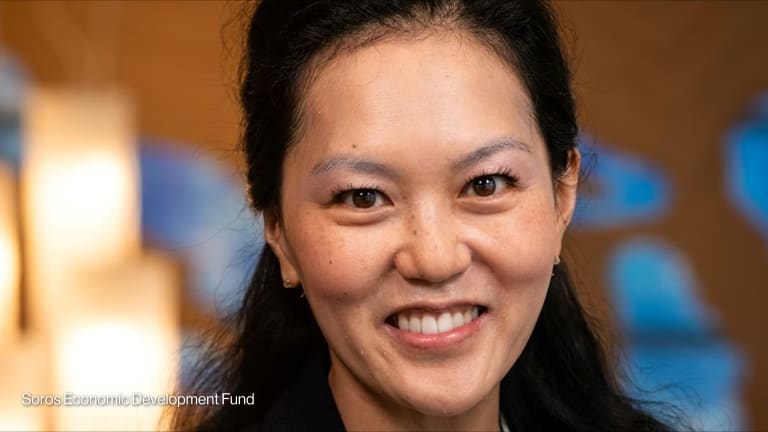Much has been made of the stark contrast between the high-powered assembly of global leaders assembled for the annual World Economic Forum in this Swiss mountain town and the tide of anti-globalist anger that will help carry Donald Trump along his 90-minute inauguration parade route to the U.S. presidency on Friday.
That populist wave, directed — in part — against the well-heeled “Davos men” who have found themselves on the losing side of a conversation about economic justice, has forced some self-reflection. Business leaders are talking seriously about socially focused business models that acknowledge and address the downsides of globalization — and they are looking more earnestly for help from civil society groups to understand the needs of communities that have been left behind.
But civil society organizations, working on behalf of causes such as children’s rights and women’s empowerment, are also reflecting on what this moment of global frustration and change means for them. NGOs now find themselves with a more prominent seat at the table this year in Davos — but they are also questioning how their own relationships with underserved communities need to change to foster greater participation and “true engagement.”
Read more on our coverage of the World Economic Forum:
► Pharmaceutical companies launch new initiative to tackle NCDs
► China could gain clout if US backs out of climate commitments, experts say
► How this tech startup drew the attention of Gavi, Gates and Google
► Opinion: What the development community can expect from Davos
► Business leaders call for new socially focused business model that embraces SDGs








